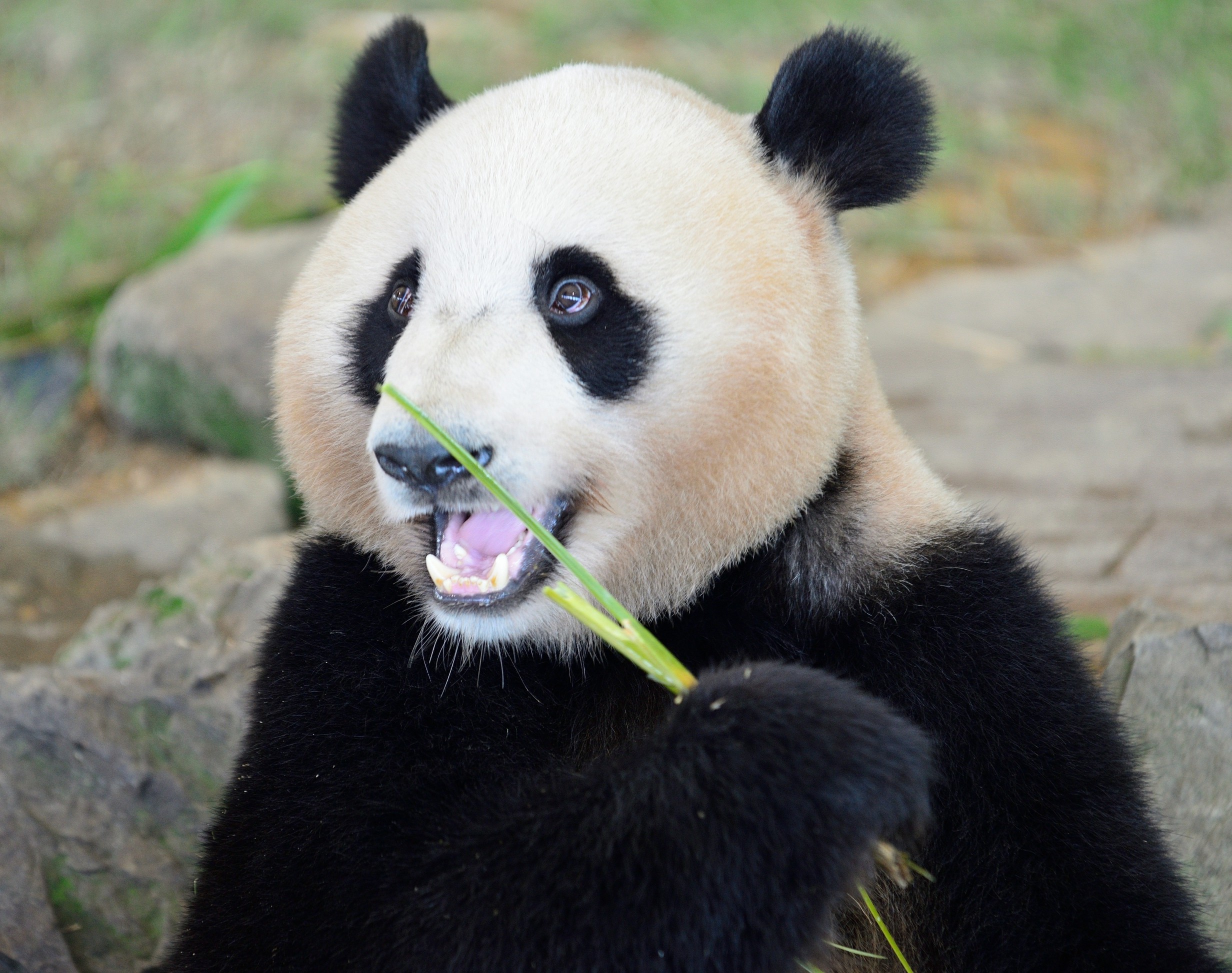Captivity significantly impacts the gut microbiome of pandas and bears. Researchers have discovered that when these majestic animals live in captivity, their gut bacteria diversity drops. This change can affect their digestion and overall health. In the wild, pandas and bears enjoy a varied diet and exposure to their natural habitat. However, in zoos or reserves, their food and environment become more controlled, leading to less diverse gut bacteria.

Why Gut Bacteria Diversity Matters
A rich gut microbiome helps pandas and bears break down complex foods, like bamboo or meat, and supports their immune systems. Reduced diversity makes them more vulnerable to diseases and digestive issues. Conservationists now stress the importance of maintaining a more natural diet and habitat for captive animals. By doing so, zoos can help protect the health and longevity of these endangered species.
Conservation Efforts Moving Forward
Understanding the relationship between gut bacteria and animal well-being allows scientists and caretakers to improve captive care. It also highlights the need to mimic wild conditions as closely as possible. This research paves the way for better health management and conservation strategies for pandas, bears, and other wildlife living outside their native environments.
Sources:
Source
















